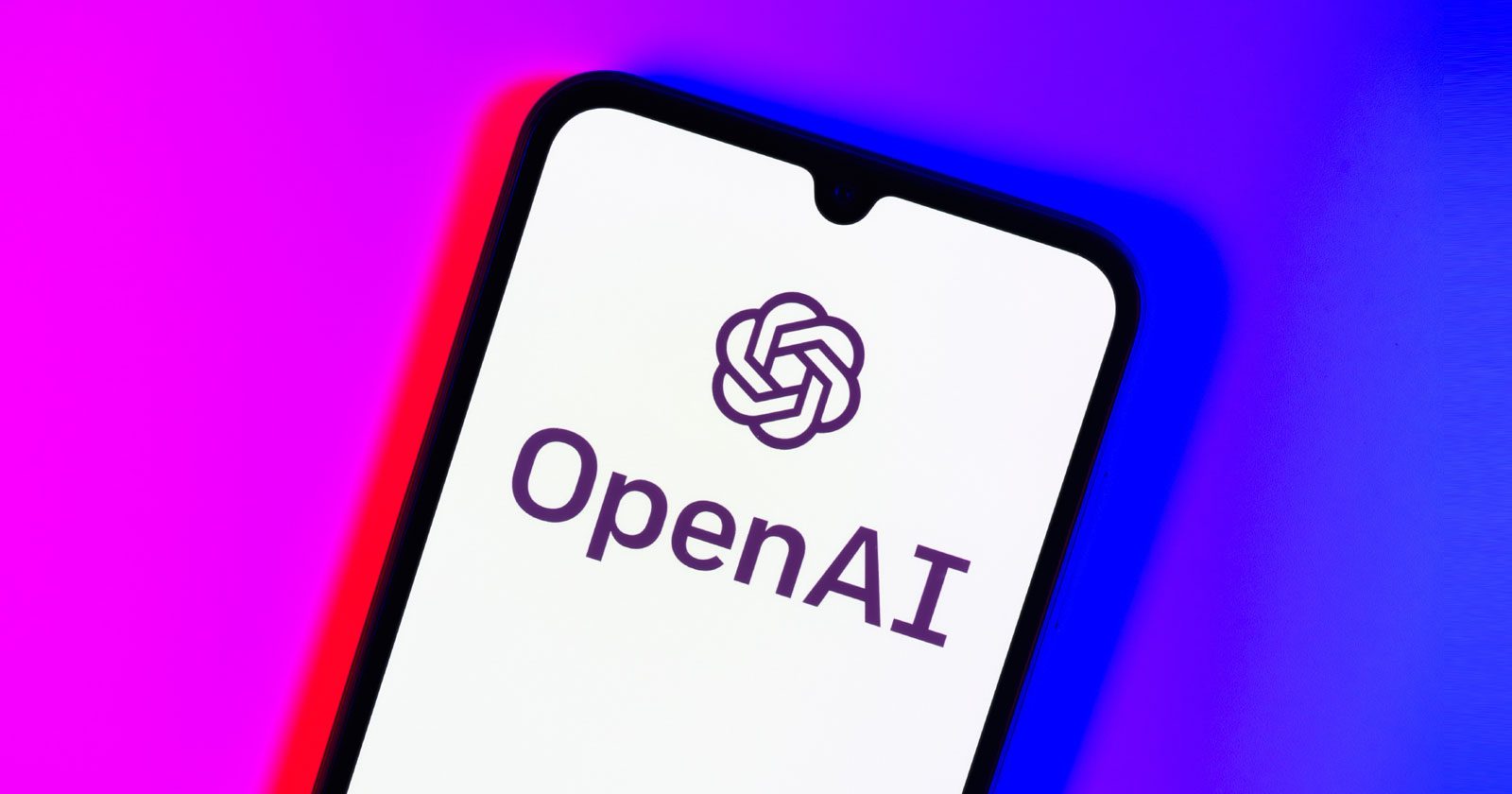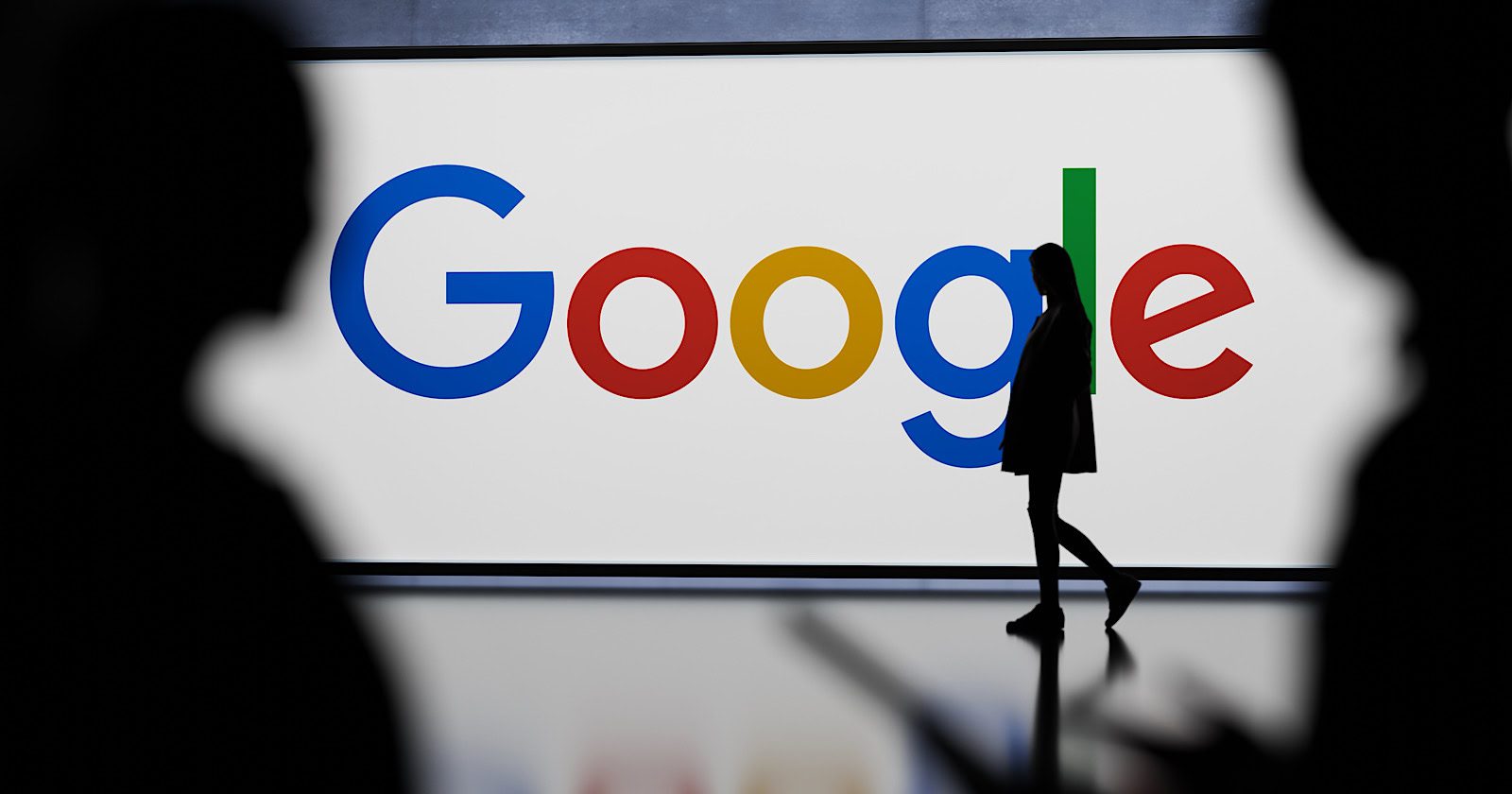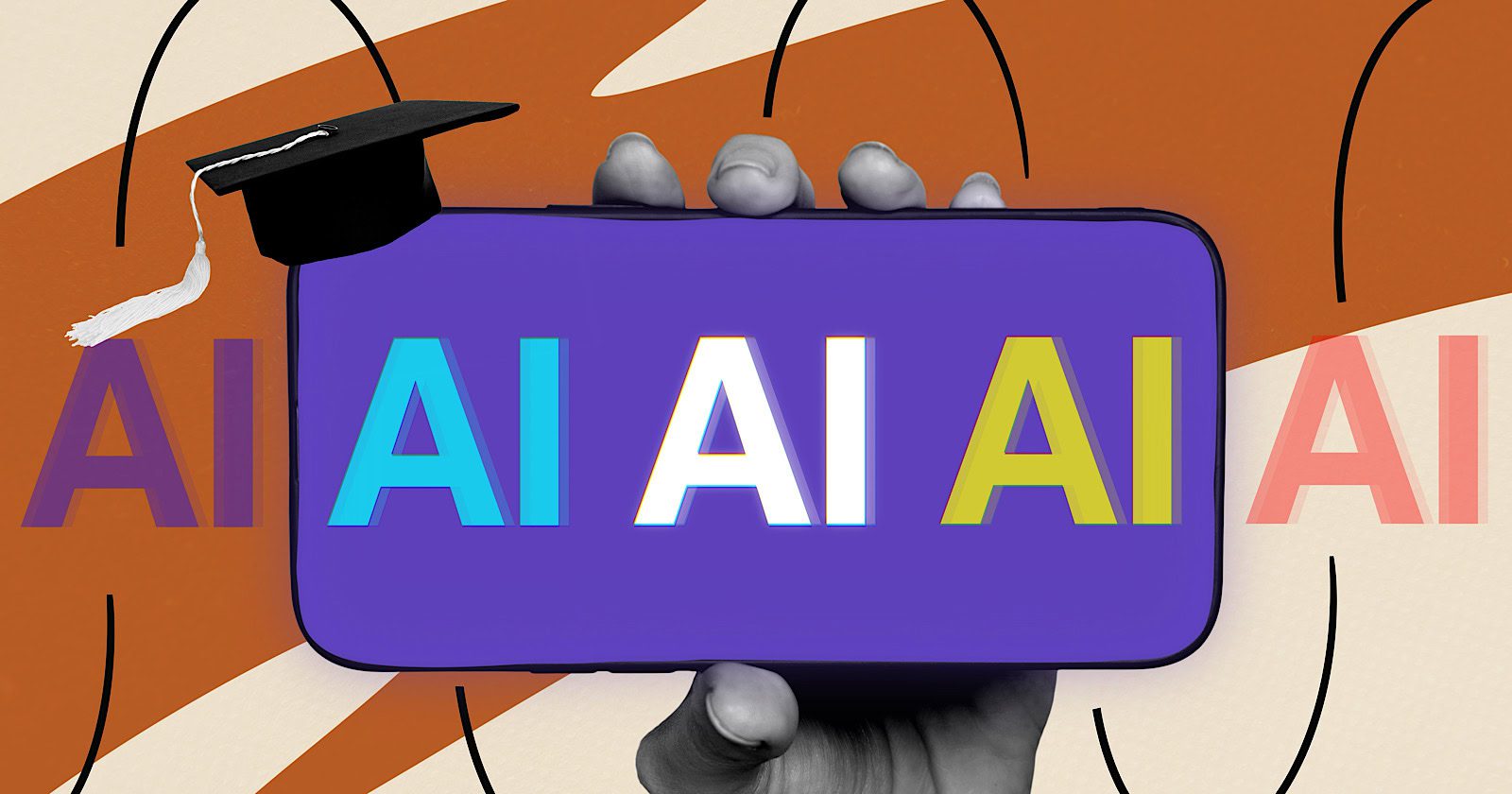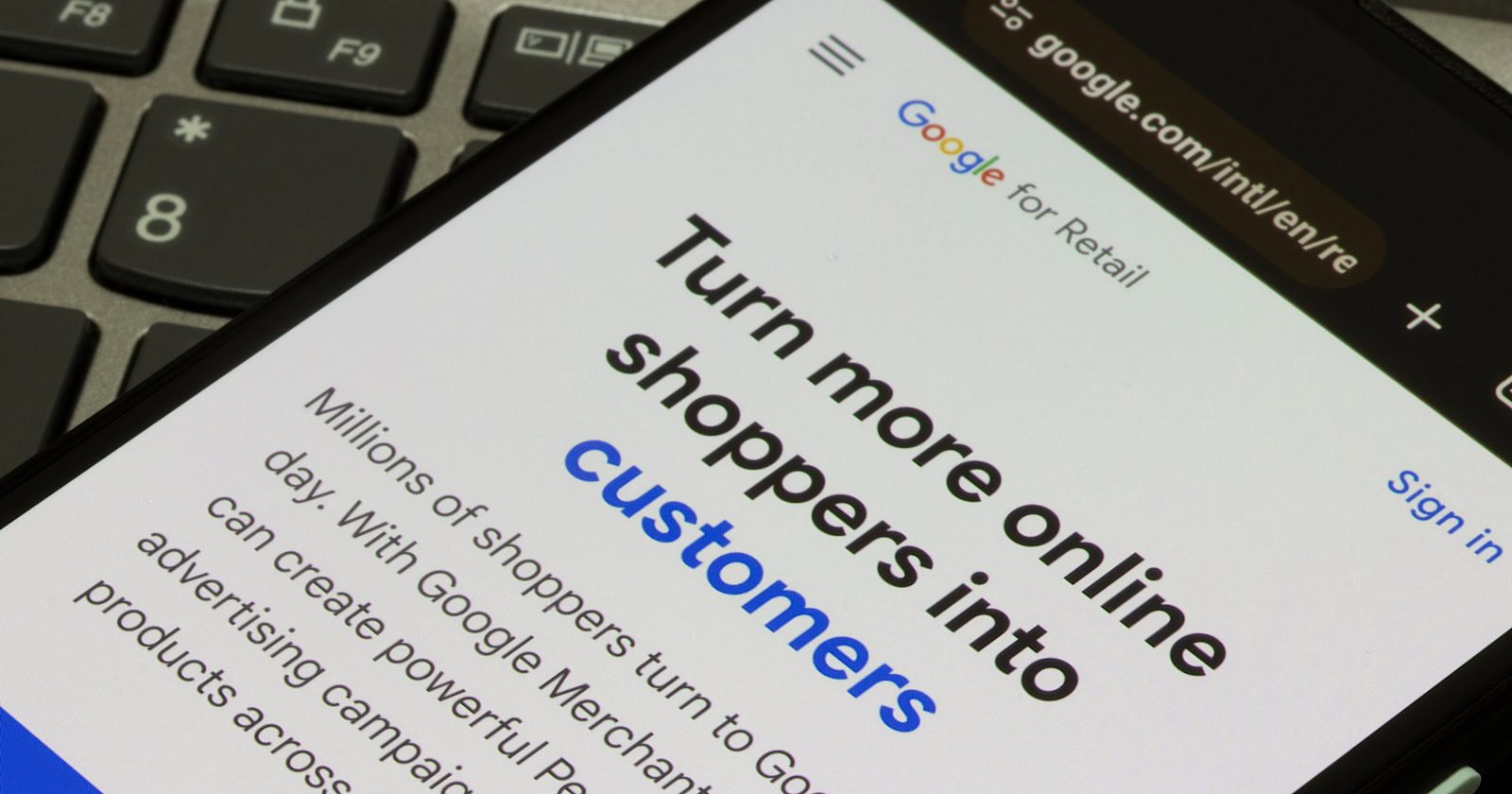Breaking Down Optmyzr’s Study on Amazon’s Exit from Google Ads via @sejournal, @brookeosmundson
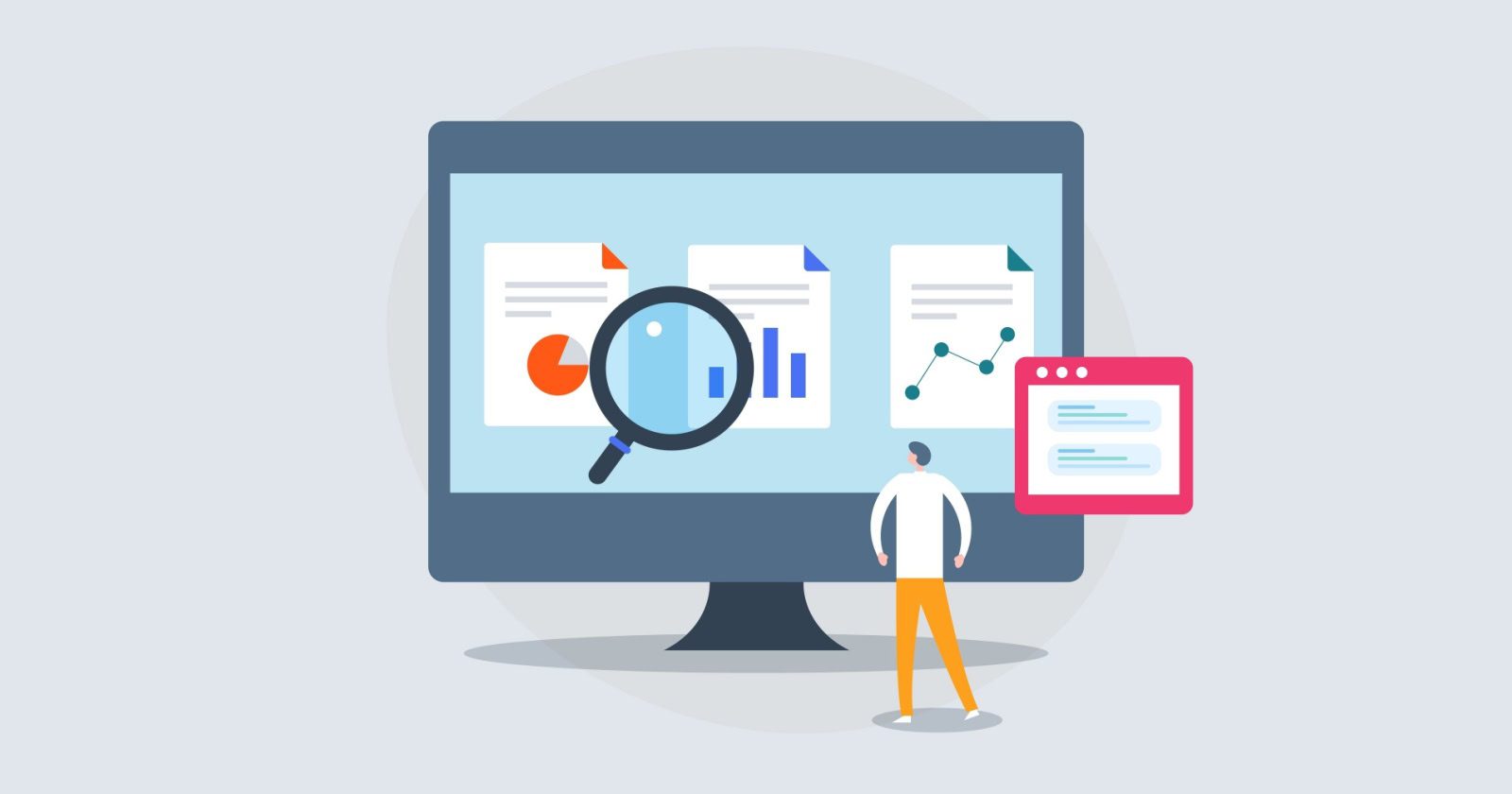
Just under one month ago, on July 23, 2025, Amazon vanished from Google Shopping ads overnight.
No trial, no warning, no phased retreat. One of the biggest advertisers on the platform simply stepped back, leaving a noticeable gap in auctions.
For many retailers, this shift opened the door to new opportunities. It’s tempting to think they would breathe easier: less competition, lower costs, more conversions.
But as Fred Vallaeys puts it, the reality is more nuanced: “more volume, less value.”
Optmyzr’s study eludes that those opportunities since Amazon’s exit didn’t always translate into stronger performance. Read on to further explore Optmyzr’s findings on the great Amazon exit.
Key Findings from Optmyzr’s Study on Amazon Leaving Google Ads
Optmyzr compared performance across two matched weeks: July 23-29, 2025 vs. July 16-22, 2025.
They made sure to exclude Prime Day and matching days to isolate the effect of Amazon’s exit.
The findings were significant in major metric categories, including:
- Impressions +5%
- Clicks +7.8%
- Cost -1%
- Avg. CPC -8.3%
This first set of pre-click metrics looked promising for many retailers. But what about conversions?
That data told another story:
- Conversion volume stayed flat
- Conversion Value -5.5%
- Conversion Rate -7.2%
- ROAS -4.4%
What does this mean? Ads got cheaper and drew more clicks as a result of Amazon leaving Google Ads. But overall, it brough in less value to retailers.
The ‘Volume Trap’ Defined
Why did conversions fall even as traffic increased? The answer lies in expectations.
Amazon‑seeking shoppers clicked competitor ads but still expected Amazon-level pricing, quick shipping, and seamless service.
When most brands couldn’t meet that bar, conversions and value slipped. That’s the classic “volume trap”: traffic that looks good on the surface but doesn’t deliver the bottom-line results.
Vallaeys elaborated more on the volume trap, explaining why it happens and how to escape the volume trap.
The volume trap happens when advertisers get excited about more traffic but don’t stop to ask whether those clicks are truly valuable. Driving incremental volume is often not difficult (especially if you’re willing to accept lower-value traffic) but the real question is whether that traffic can actually convert profitably.
When Amazon exited Google Ads, we observed shoppers clicking on competitor ads for the same products but then bouncing back to Amazon. Why? Because Amazon has built unmatched trust with consumers: fast Prime shipping, predictable pricing, and a familiar checkout experience. That shows us that you can’t just replace the clicks and expect the same outcome. If your value proposition doesn’t align with what consumers expect, you may see more traffic but not more revenue.
To escape this trap, advertisers need to reframe their strategy. Instead of chasing short-term click growth, they should focus on positioning themselves differently. That might mean emphasizing local sourcing, higher-quality products, or a more personal experience. These are factors that Amazon can’t replicate. It also means looking beyond the immediate conversion. Even if you don’t win the sale today, you can start building a relationship that leads to long-term customer loyalty.
The real key is shifting the mindset: don’t just measure success by volume. Measure it by the value of the relationships you create.
To summarize the volume trap, what Optmyzr showed in their study is that more clicks don’t automatically equal more revenue. If you can’t compete with Amazon-like qualities (price, shipping, etc.), lean into what makes your offer unique and build relationships that pay off in the long run.
Which Categories Gained and Which Struggled After Amazon’s Exit
Not every category reacted the same way. Some thrived, while others got stuck in the volume trap:
- Electronics: The standout success story. Clicks +11.5%, Conversions +81.3%, Conversion Value +10.9%, ROAS +7.1%, and all with lower CPCs.
- Home & Garden: Traffic surged (+13.1%), but Conversion Value dropped 7.5%, ROAS -7.7%. More volume, but less value per sale.
- Sporting Goods: Conversions rose 20.7%, but value declined nearly 10%. Shoppers likely bought lower-priced items or held back because they couldn’t find Amazon-level deals.
- Health & Beauty: Conversions increased 14.6%, but conversion value essentially flat (+0.3%), ROAS up only slightly. Gains were masked by low-value purchases.
- Tools & Hardware, Apparel & Accessories, Arts & Entertainment, Furniture, Vehicles & Parts: All showed some version of the volume trap: modest increases in clicks or conversions, but declining value and ROAS.
What This Means for Advertisers Managing Google Shopping Campaigns
Optmyzr’s data showed what happened when Amazon suddenly stepped out of the picture: cheaper clicks, more traffic, but ultimately lower value.
That’s the data side of the story.
Where marketers need to lean in is interpreting what that really means for account management.
Optmzyr’s takeaways give some practical perspectives for advertisers to think about.
- Volume doesn’t always equal victory. More clicks might look great on the surface, but if those shoppers aren’t buying (or if they’re buying lower-ticket items), the net impact on your business can be negative. This isn’t something Optmyzr explicitly called out, but it’s the natural next step in interpreting their findings.
- Category context is critical when evaluating success. Optmyzr highlighted Electronics as a category that saw improved conversions and ROAS. Why? Because those retailers could match or even surpass Amazon on fulfillment, trust, and pricing. If you’re in a category where you can’t deliver the same level of convenience, you’re more likely to see the opposite effect.
- Measure what matters to your business. The study found that impressions, clicks, and traffic volume all increased. But the metrics that matter (conversion value and ROAS) told a different story. That’s the reminder for advertisers: make sure your optimizations focus on value, not vanity metrics.
- Differentiate of risk being forgotten. If you can’t compete with Amazon on price or logistics, your advantage has to come from somewhere else. That could be curated products, specialty expertise, or building a stronger brand identity.
How to Communicate these Changes to Leadership
Major changes in the SERPs can cause some knee-jerk reactions to advertisers.
But once you have those changes under control, how do you explain this fundamental shift to leadership?
Vallaeys offered his take and recommendations on how PPC managers can craft the conversation.
When talking to executives, the key is to frame the story in business outcomes, not marketing jargon. Most C-suite leaders don’t care about CPCs, impression share, or auction dynamics. But they absolutely care about revenue, profit, and the quality of customers being acquired.
So, instead of saying ‘our clicks went up but our ROAS went down,’ you might say: ‘We gained more traffic after Amazon left the auction, but much of that traffic didn’t convert as profitably because customers expected Amazon-level pricing and delivery that we couldn’t match.’ That ties the marketing story directly to financial outcomes they already think about every day.
It also helps to remind executives that these dynamics aren’t random: they’ve experienced the same challenges competing against Amazon before. If you didn’t have the lowest price or fastest shipping then, those factors don’t magically go away just because Amazon paused ads. This makes it easier for them to understand why extra clicks don’t necessarily mean extra profit.
By anchoring the conversation in the language of business value rather than marketing metrics, PPC pros can build credibility and keep executives aligned on realistic expectations.
So don’t talk about CPCs, but talk about revenue and profit. The C-suite cares about business outcomes, not auction mechanics.
Will Amazon Return to Google Ads Soon?
Since Amazon has left Google Ads so abruptly, it begs the question: will they be returning anytime soon?
I asked Vallaeys on his perspective of the possibility. He stated:
It’s impossible to know exactly how long Amazon will stay out of Google Ads, but we can make some educated guesses. One possibility is that they’re testing incrementality: pausing ads to see how much business Google truly drives versus organic or other channels. Another is operational: after a strong Prime Day, they may be letting inventory rebalance before reinvesting. Given the timing, it would be surprising if they didn’t return for the holiday season, especially Black Friday and Cyber Monday, when they typically maximize their marketing push.
If and when Amazon comes back, advertisers should focus on fundamentals. That means managing budgets carefully to make sure spend is allocated to the areas with the highest potential, and leaning on smart bidding to ensure that the clicks you do buy are meeting profitability targets. Performance monitoring and conversion tracking need to be absolutely solid so automated systems have the right data to optimize against.
To sum up, there’s no way to truly know what Amazon’s next move on Google will be (or won’t be). But, advertisers and retailers alike can use this opportunity to give a renowned focus on the basics of advertising.
Lessons Beyond the Traffic Spike
Amazon’s sudden exit from Google Shopping ads shattered the comfortable assumption that less competition equals better returns.
What followed wasn’t universal lift. It was more like a complicated shuffle, where brands saw more traffic but not necessarily more profit.
Use this moment as a reminder: measure what matters. Traffic and impressions are only valuable insofar as they drive conversions worth your cost.
In some categories, you can meet Amazon head-on (like Electronics). At most, you’d be wiser to double down on what makes your business unique, and invest in customers who value your story, service, and specialization, not just a bargain.
You can read Optmyzr’s full study here.


